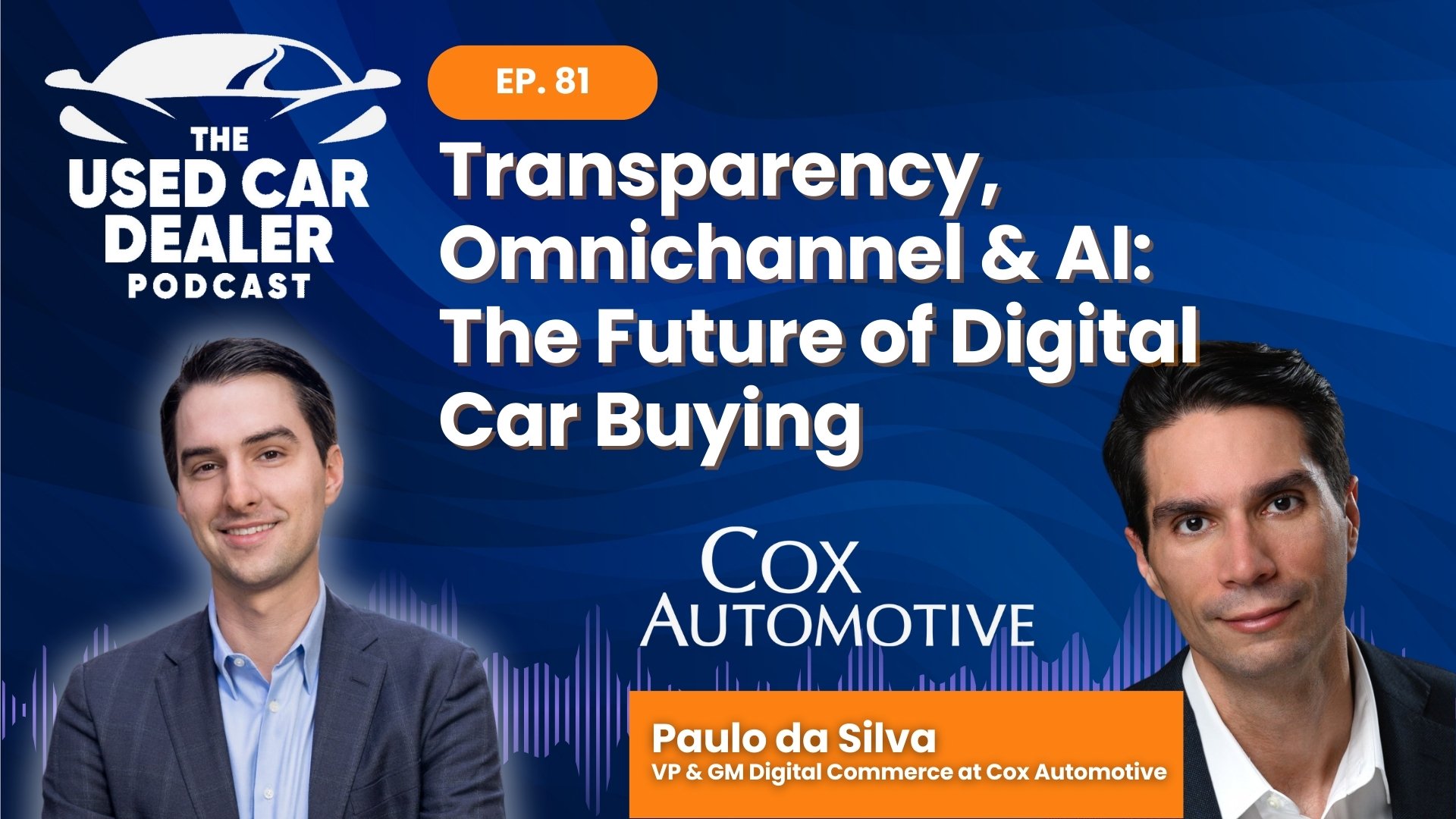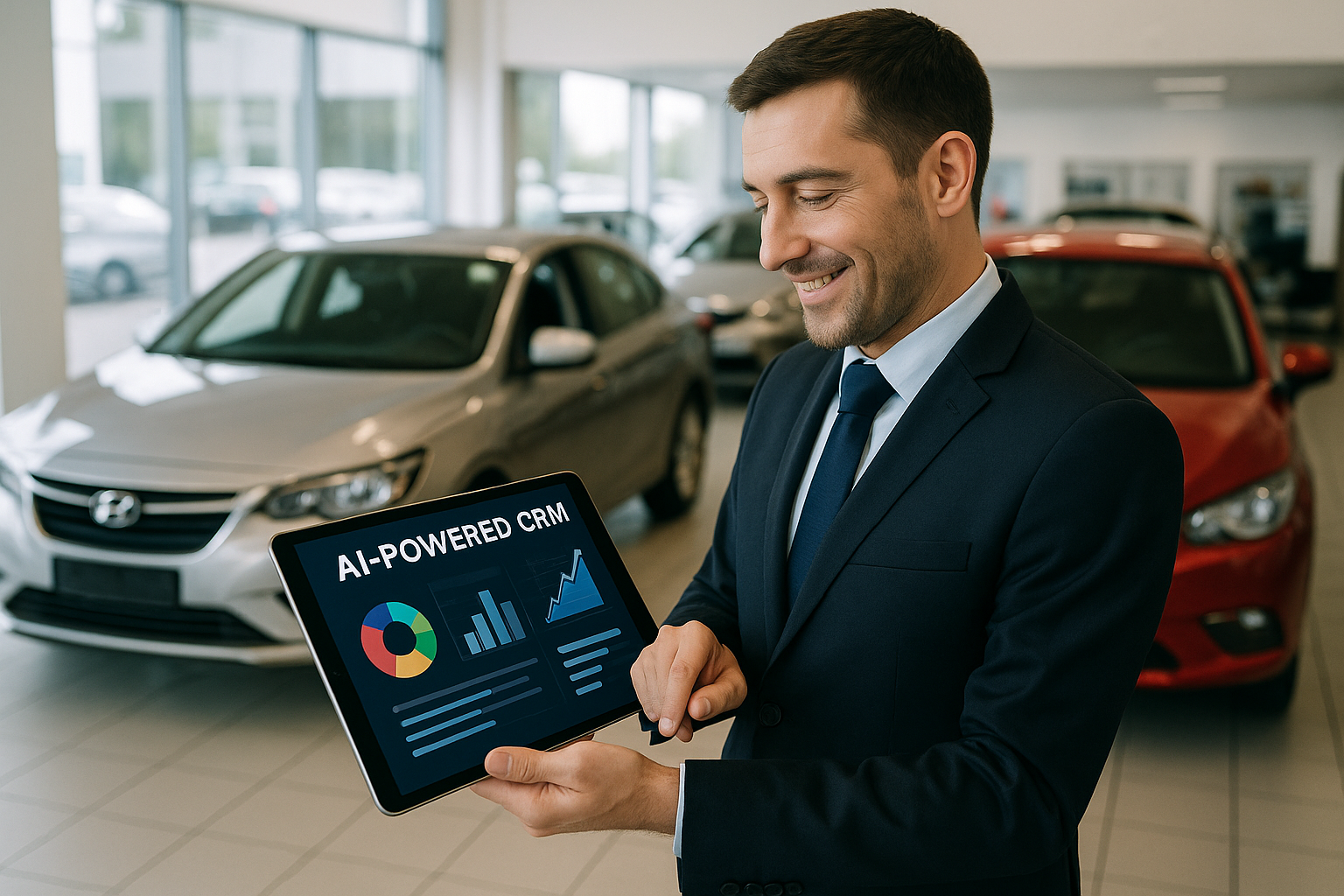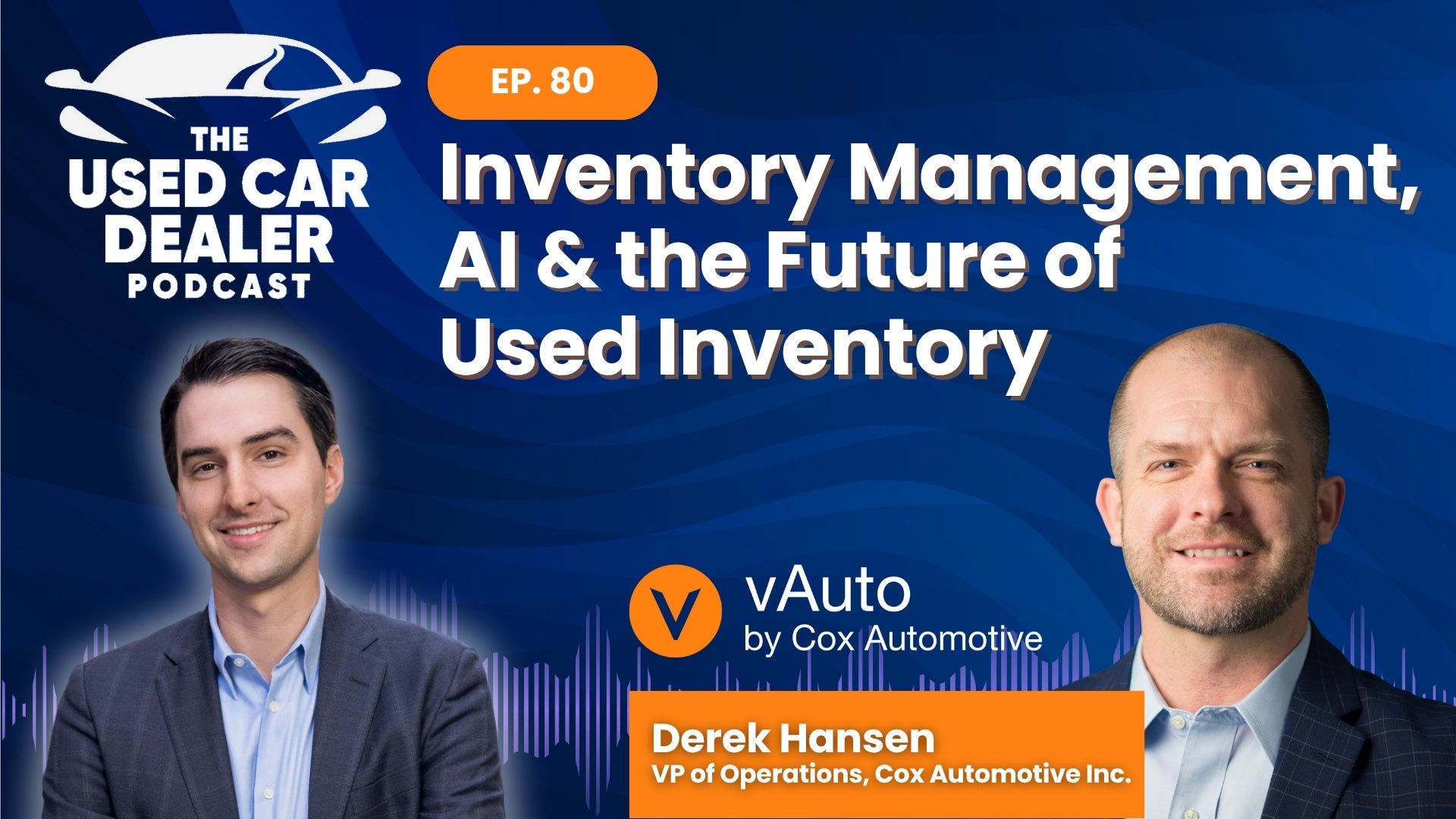Is your CRM simply holding information, or is it actively helping you close deals? This is the question many dealerships are asking as technology reshapes the way cars are sold. In 2025, a modern automotive CRM isn’t just a digital contact book—it’s the central hub of a dealership’s customer journey. The best CRMs today don’t just track leads; they simplify communication, streamline workflows, and give sales teams the tools to respond faster and smarter.
The way customers shop for vehicles has changed dramatically. Buyers are doing more research online, reaching out to multiple dealers at once, and expecting fast, personal communication. Traditional CRMs often struggle to keep up. They require too many manual steps, separate messaging tools, and lack the agility that modern dealerships need. A next-generation automotive CRM bridges that gap by combining lead management, communication, and marketing in one platform.
One of the hallmarks of a modern CRM is real-time mobility. Dealers can’t afford to wait until they’re back at their desks to respond to a hot lead. With Selly, every call, text, and email is visible from a mobile app, making it easy for a salesperson to follow up while standing on the lot or out meeting customers. The ability to scan a driver’s license or VIN to instantly create or update records ensures that information is always accurate and up to date.
Communication is another area where modern CRMs stand out. Instead of scattering conversations across different systems, everything lives in one unified inbox. This means that texts, calls, and emails are tracked together, giving sales teams a complete view of the customer’s journey. It’s much easier to stay on top of conversations and ensure that no lead goes cold.
Text marketing is also becoming a critical tool for used car dealerships. Buyers tend to read texts far more quickly than emails, and the ability to send updates about new inventory, price drops, or special events directly to their phones increases engagement. Selly’s text blast campaigns make this process efficient and targeted, allowing dealers to segment audiences and send the right message at the right time. It’s about reaching customers where they are, without overwhelming them with generic communication.
Automation is another important trend shaping the best automotive CRMs in 2025. While automation used to mean generic, one-size-fits-all email templates, today it’s about smart assistance that reduces repetitive tasks. Selly’s AI capabilities help salespeople by summarizing conversations and timing follow-ups, so they can spend less time clicking through screens and more time building relationships with customers. This is not about replacing the human touch but enhancing it.
A modern CRM should also include tools that simplify the desking process. Many legacy systems require multiple screens or separate tools just to prepare a proposal. Selly’s integrated desking and proposal tool allows dealers to create branded payment plans, adjust down payments, and manage fees in one seamless workflow. This saves time during negotiations and creates a smoother buying experience for customers.
When comparing CRMs, it’s important to look beyond flashy dashboards and marketing claims. The question to ask is: does this system actually make my team’s day easier? Legacy CRMs often feel bloated, slow, and overly complicated, making adoption a challenge. Selly was built with independent and BHPH dealers in mind, focusing on features that matter most—lead capture, unified communication, mobile usability, text campaigns, and simple desking.
The dealerships that will thrive in 2025 are those that understand that technology isn’t about adding complexity; it’s about creating clarity. A CRM that centralizes communication, highlights priority leads, and provides real-time insights is no longer a “nice to have”—it’s essential. With a platform like Selly, teams can move faster, communicate more effectively, and focus on the conversations that lead to sales.
If your current system feels like it’s slowing you down rather than helping you grow, it might be time to rethink what an automotive CRM should do for your business. A well-designed CRM isn’t just software; it’s the foundation of your sales process. The tools you choose should work quietly in the background, helping your team focus on what they do best—serving customers and closing deals.


.png)




.jpg)
.jpg)
.jpg)
.jpg)
.png)
.png)
